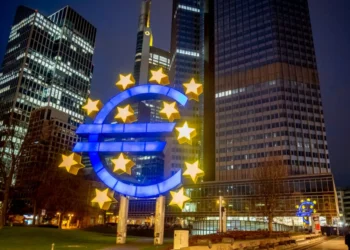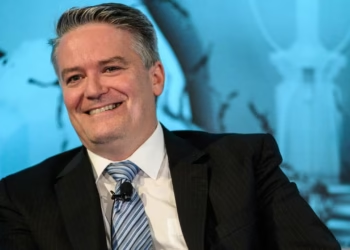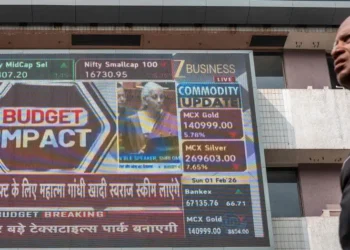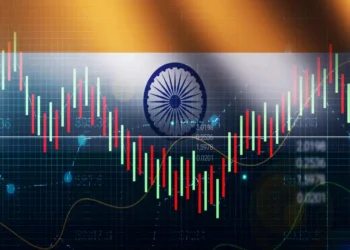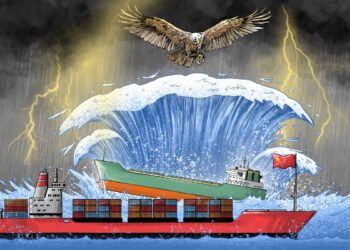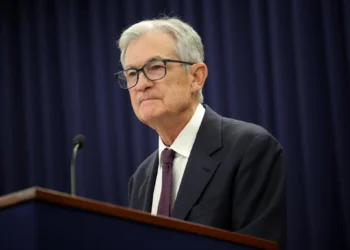BERLIN (Realist English). Germany’s finance minister Lars Klingbeil has publicly criticized Donald Trump’s intervention in U.S. monetary policy and the firing of the nation’s chief statistician, calling the U.S. president’s moves politically “wrong” and a threat to democratic norms.
Speaking ahead of his meeting with U.S. Treasury Secretary Scott Bessent in Washington, Klingbeil emphasized the importance of preserving the independence of public institutions:
“I believe it’s right that independent institutions remain independent, and that politics doesn’t interfere,” he told reporters. “This political path is wrong.”
The criticism follows Trump’s abrupt dismissal of the head of the U.S. Bureau of Labor Statistics last week after the release of disappointing employment figures. Trump has also intensified pressure on the Federal Reserve, expressing open frustration over its refusal to cut interest rates and reportedly seeking to remove Fed Chair Jay Powell.
Bessent himself has echoed some of Trump’s concerns, calling for a review of the central bank’s conduct and suggesting there is “room to lower borrowing costs.”
Klingbeil’s remarks highlight the increasingly fragile state of transatlantic relations, particularly as the European Union grapples with the fallout from Trump’s decision to impose 15% tariffs on EU goods. Germany, with its export-heavy economy and vulnerable auto sector, stands to be one of the hardest-hit member states.
Although the EU narrowly avoided even steeper tariffs — Trump had threatened rates as high as 30% — Brussels remains unsettled. The European Commission is still awaiting clarity on exemptions for steel and pharmaceuticals, with growing frustration over Washington’s shifting trade posture.
Klingbeil, who also serves as vice-chancellor in Friedrich Merz’s coalition government, said he would raise these concerns with Bessent during their bilateral talks. In particular, he will push for steel quotas to protect EU industries and ensure predictable market access.
“It is important that the uncertainties of recent months are resolved and that companies on both sides of the Atlantic regain planning security,” Klingbeil said. “But some key points still need to be clarified — especially on the steel issue.”
He also warned about a potential influx of low-cost Chinese goods into European and American markets, should the U.S. escalate tariffs on China. Economists have suggested that Chinese exporters may redirect shipments toward the EU, triggering a fresh wave of market disruption.
“We are currently exploring ways to adapt our customs regulations and consider raising tariffs,” Klingbeil said, signaling a potential tightening of trade defenses in coordination with Washington.



